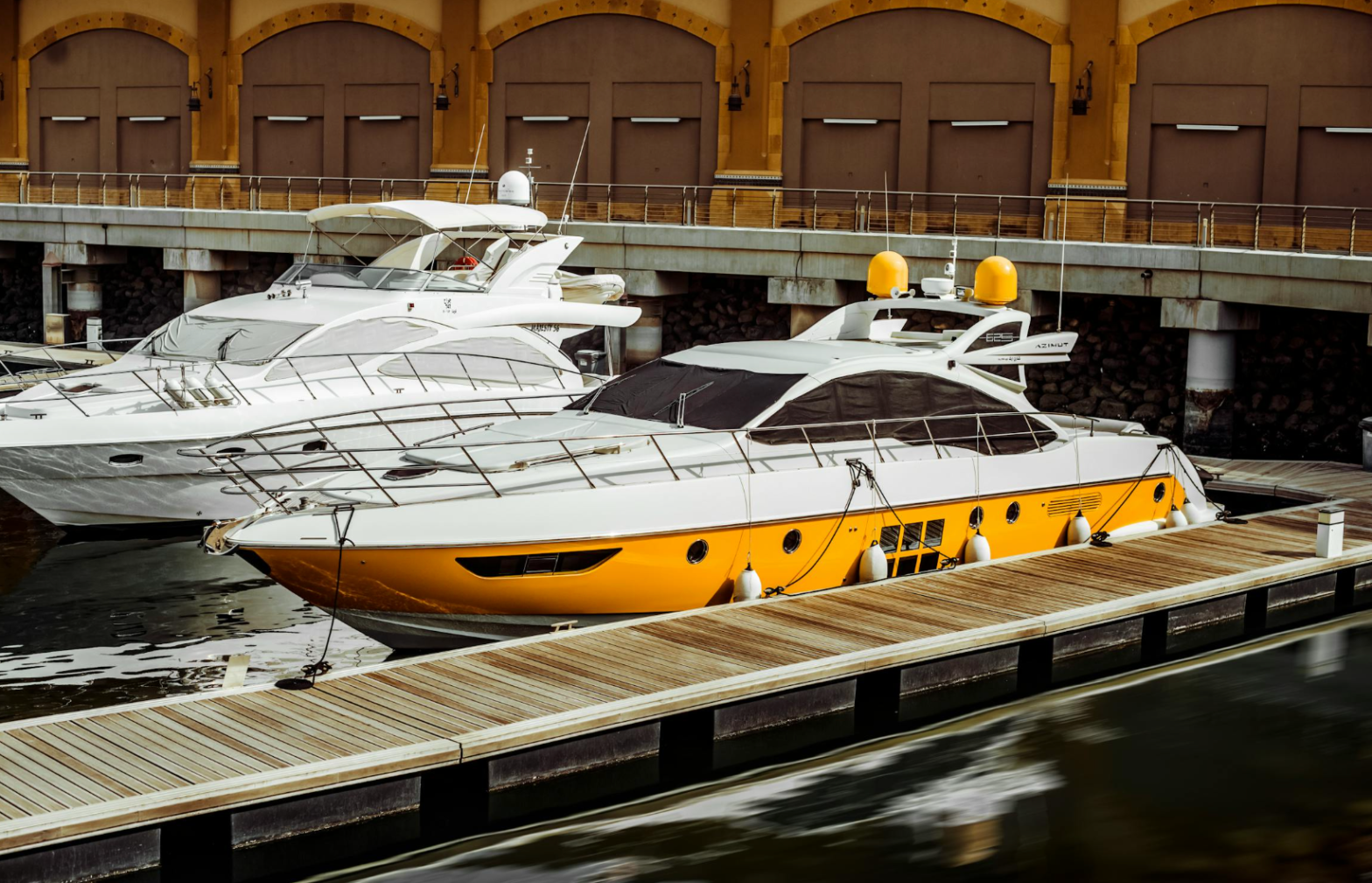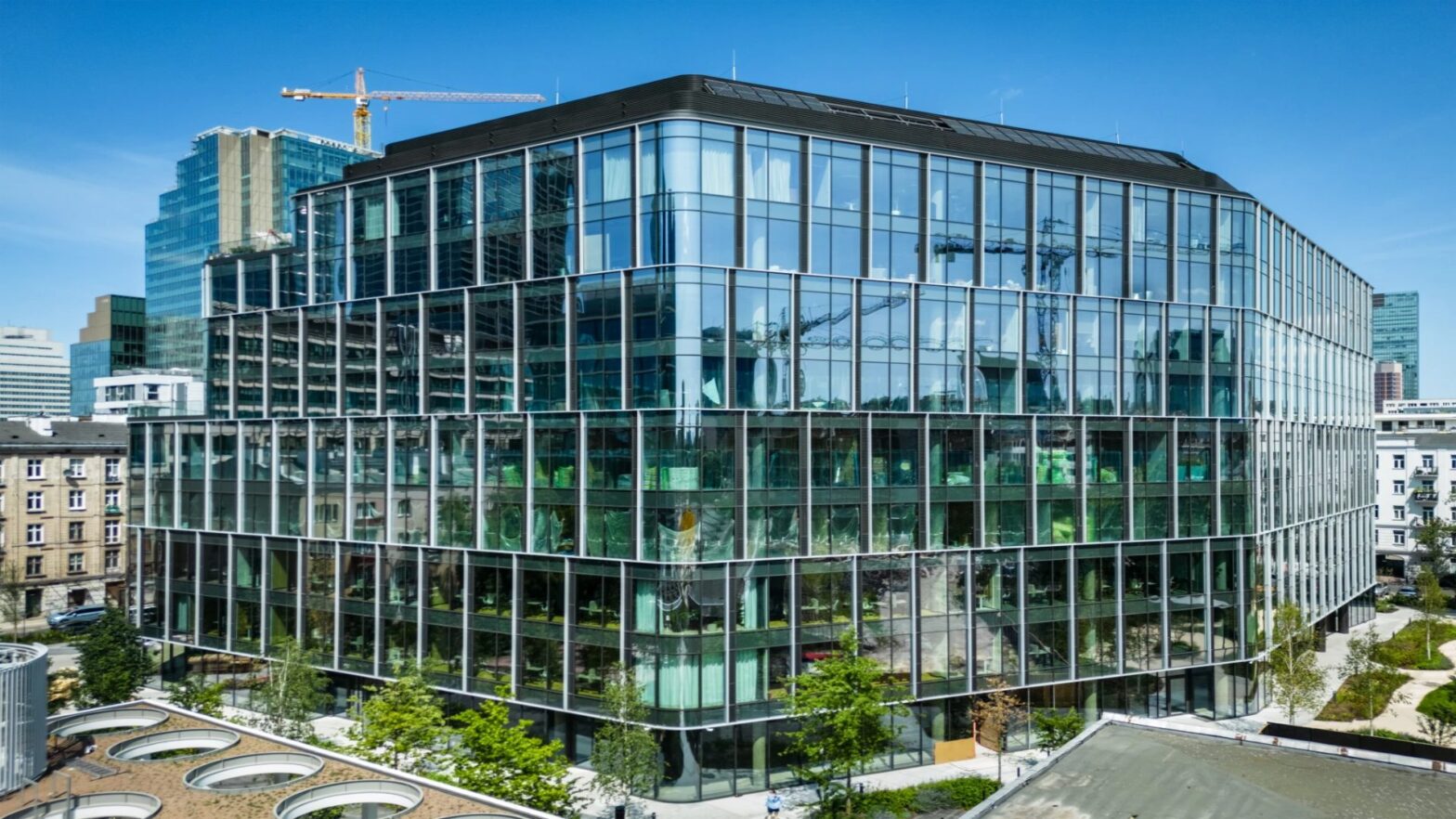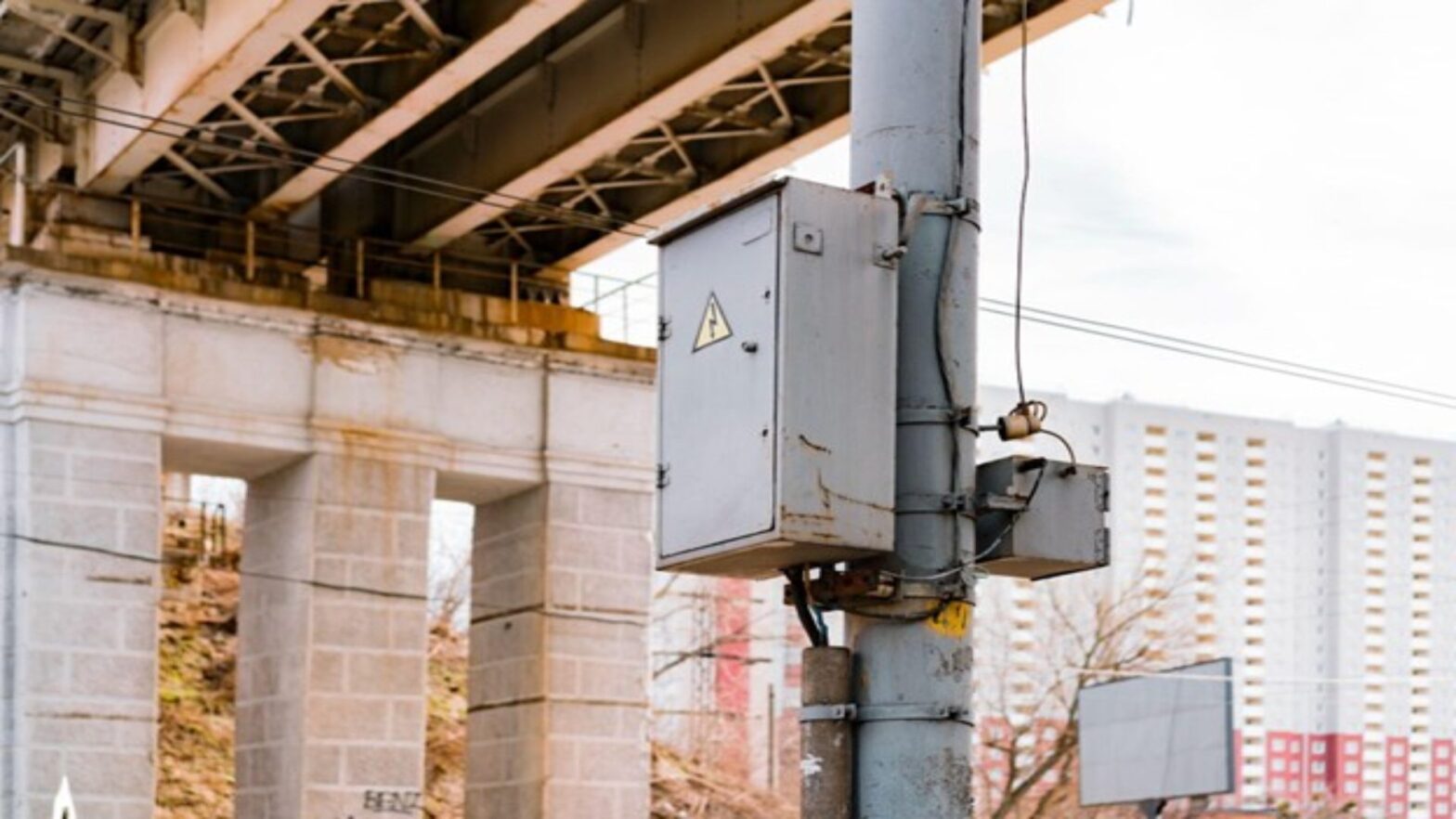Modular floating docks are transforming waterfront living, providing versatile, adaptable, and eco-friendly solutions for a wide range of aquatic needs. Whether you’re a marina operator, a homeowner by the lake, or a business owner looking to extend your operations onto the water, modular floating docks offer unparalleled flexibility and functionality. In this article, we’ll explore how these innovative docks and floats are changing the landscape of water-based activities and why they are becoming the go-to choice for both residential and commercial applications.
What is a Modular Floating Dock?
A modular floating dock is a type of dock system that consists of individual, interlocking sections. These sections, or modules, can be connected to form various shapes and sizes, making them incredibly versatile. Unlike traditional docks that are fixed or require significant construction, modular floating docks are designed to float on the water’s surface. This floating capability allows them to adjust to changing water levels, making them ideal for lakes, rivers, and coastal areas with tidal variations.
Components of a Modular Floating Dock
Floats
The core of the modular floating dock system is the floats. These are typically made of high-density polyethylene (HDPE), which is resistant to UV rays, chemicals, and impacts. The floats provide buoyancy, ensuring the dock stays afloat and stable.
Decking
The surface of the dock, known as the decking, can be made from various materials such as wood, composite, or plastic. The choice of decking material affects the dock’s appearance, durability, and maintenance requirements.
Connectors
The modular nature of these docks is made possible by connectors, which secure the individual modules together. These connectors are usually made of stainless steel or other corrosion-resistant materials to withstand the harsh marine environment.
Anchoring Systems
To keep the dock in place, anchoring systems are used. These can include ropes, chains, or rigid anchoring poles, depending on the water conditions and the type of dock.
Benefits of Modular Floating Docks
Modular floating docks offer several advantages over traditional dock systems:
Versatility
Because they are modular, these docks can be reconfigured to suit different needs. Whether you need a small dock for personal use or a large platform for commercial operations, modular floating docks can be customized to fit the space and function required.
Easy Installation
Unlike traditional docks that may require heavy machinery and extensive labor to install, modular floating docks can be assembled quickly and easily. The individual modules can be transported to the site and connected on the water, saving time and money.
Durability
Made from robust materials like HDPE, modular floating docks are designed to withstand harsh marine conditions. They are resistant to corrosion, rot, and UV damage, ensuring a long lifespan even in challenging environments.
Environmental Impact
Modular floating docks are considered more environmentally friendly than traditional fixed docks. Because they float on the water’s surface, they cause less disruption to aquatic ecosystems. Additionally, their materials are often recyclable, reducing their environmental footprint.
Applications of Modular Floating Docks
Residential Use
For homeowners with waterfront properties, modular floating docks offer a convenient and customizable solution. These docks can be used for:
- Boating and Watercraft: Whether you have a small kayak or a large motorboat, a modular floating dock provides a stable platform for launching and docking. The ability to adjust the size and shape of the dock means it can be tailored to fit your specific watercraft needs.
- Swimming and Sunbathing: Create a private oasis by installing a modular floating dock with a swimming platform. Add some lounge chairs, and you’ve got the perfect spot for sunbathing or relaxing by the water.
- Fishing: A modular floating dock can be configured to include features like benches, rod holders, and even cleaning stations, making it an ideal spot for fishing enthusiasts.
Commercial and Industrial Use
Businesses and industries that operate on or near the water can benefit greatly from modular floating docks:
- Marinas: Modular floating docks are a popular choice for marinas because of their adaptability. They can be easily expanded or reconfigured to accommodate different types and sizes of boats. This flexibility makes them ideal for growing marina operations.
- Aquaculture: Fish farms and other aquaculture operations often require large platforms for feeding, harvesting, and monitoring stock. Modular floating docks provide a stable and scalable solution that can be customized to meet the specific needs of the operation.
- Events and Entertainment: From floating stages to waterfront festivals, modular floating docks can be used to create unique venues on the water. Their stability and ease of installation make them a practical choice for temporary or permanent event setups.
Public and Community Use
Modular floating docks are also beneficial for public and community spaces:
- Parks and Recreation: Waterfront parks can enhance their appeal by installing modular floating docks for public use. These docks can be used for activities like canoeing, kayaking, and paddleboarding, providing safe and accessible water access.
- Emergency and Rescue Operations: In areas prone to flooding or other natural disasters, modular floating docks can be used to create temporary emergency platforms. Their rapid deployment capabilities make them a valuable asset for rescue operations.
Installation and Maintenance of Modular Floating Docks
Installation Process
Installing a modular floating dock is a straightforward process, but it does require careful planning:
- Site Assessment: Before installation, it’s important to assess the site to determine the water depth, current, and other factors that may affect the dock’s performance. This information will help in choosing the appropriate type and number of floats, decking material, and anchoring system.
- Dock Design: Based on the site assessment, a design is created that outlines the layout of the dock, the number of modules needed, and any additional features like ramps or gangways. Many manufacturers offer design software to help visualize the final setup.
- Assembly: Once the design is finalized, the individual modules are transported to the site and assembled on the water. This process typically involves connecting the floats, attaching the decking, and securing the modules with connectors.
- Anchoring: To ensure the dock remains in place, an appropriate anchoring system is installed. This could involve securing the dock to the shoreline or using anchors on the waterbed, depending on the specific conditions of the site.
Maintenance Tips
One of the benefits of modular floating docks is their low maintenance requirements. However, to ensure the dock’s longevity and safety, regular maintenance is necessary:
- Cleaning: Regularly clean the dock to remove dirt, algae, and other debris. This can usually be done with a mild detergent and a brush or pressure washer.
- Inspection: Periodically inspect the dock for any signs of wear or damage, such as cracks in the floats, loose connectors, or damaged decking. Addressing issues early can prevent more serious problems down the line.
- Seasonal Adjustments: In areas with extreme weather conditions, it may be necessary to remove or reconfigure the dock during certain seasons. For example, in cold climates, the dock may need to be removed during the winter to prevent ice damage.
Conclusion
Modular floating docks represent the future of docks and floats, offering a flexible, durable, and environmentally friendly solution for a wide range of water-based activities. From residential properties to commercial marinas and public spaces, these docks provide the versatility and adaptability needed to meet the demands of modern waterfront living. As the popularity of modular floating docks continues to grow, they are set to revolutionize how we interact with and enjoy our waterways. Whether you’re looking to enhance your waterfront property, expand your business operations, or create a unique recreational space, modular floating docks are a smart investment that will provide years of reliable service.





























